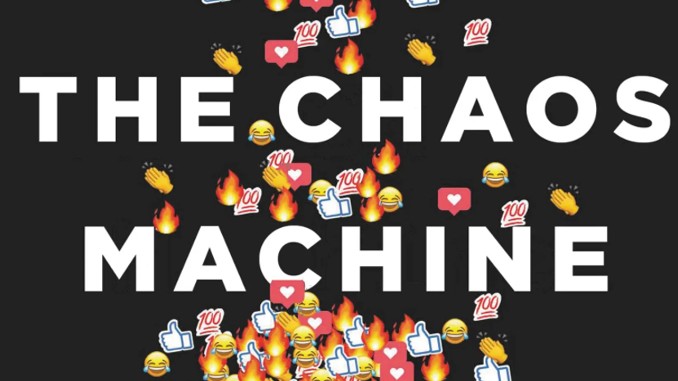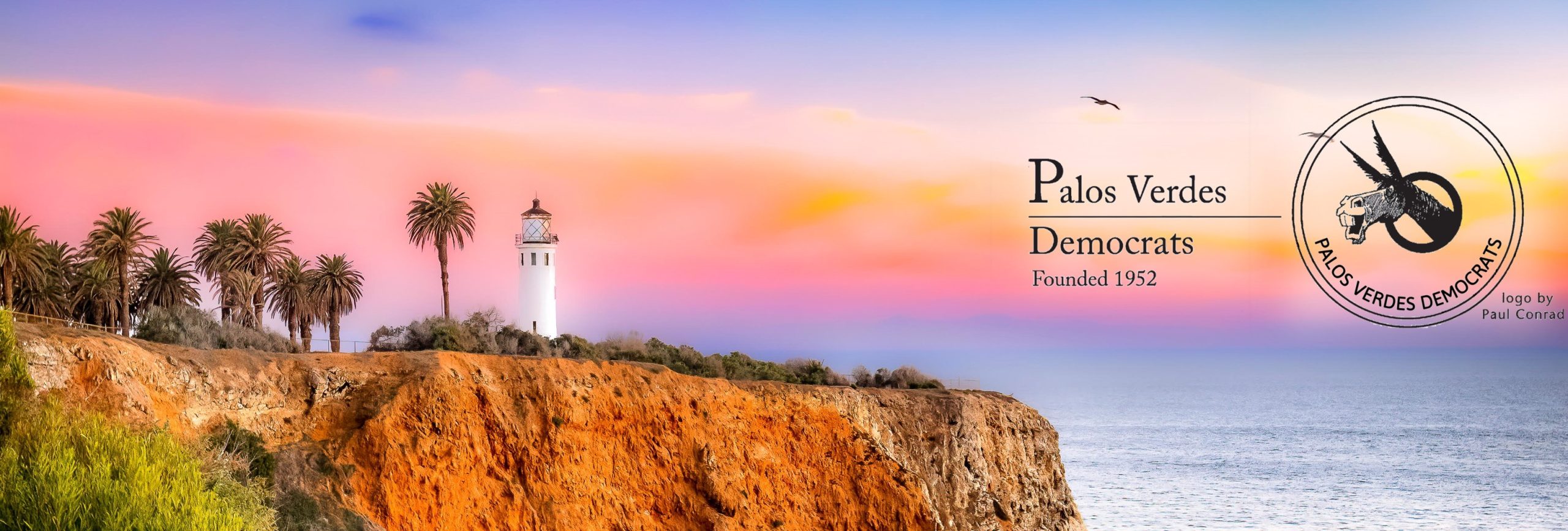
The Chaos Machine: The Inside Story of How Social Media Rewired Our Minds and Our World
By Max Fisher —
Reviewed by Reggie Jue —
Our November speaker, Joel McCleary, is a co-founder of Keep Our Republic, a non-profit bipartisan civic organization focused on Presidential emergency powers and asymmetrical threats to the Republic. Mr. McCleary has suggested reading the book The Chaos Machine by Max Fisher as a prelude to our meeting. The Chaos Machine is an in-depth look at the evolution of social media and its damaging role in restructuring our view of the world by rewiring our brains.
For those not able to read the book, a more superficial look at threats posed by social media can be found in a truly scary documentary on Netflix called The Social Dilemma. Facebook and social media have dramatically warped the public sense of reality in a way that is unsustainable. Many of the key alarmists in this movie are mentioned in The Chaos Machine.
Mr. Fisher tells of these insiders and others raising the alarm, but their warnings go unheeded, and often those raising the alarm get transferred, fired, or forced to quit. In the world of social media companies, the algorithm is strictly hours spent on-line and number of clicks, regardless of the damage and misinformation being spread. Ironically, this book makes the case that social media leverages outrage to spread misinformation, but reading this book will likely inspire similar outrage at social media. My take-away from reading this analysis is that as much as we grew to think of Donald Trump as a threat to our democracy, he is merely a symptom of the problem, and not the cause. Misinformation predated Trump and has continued beyond his presidency. A functioning democracy simply cannot survive with a grossly misinformed electorate.
In his book, Mr. Fisher traces the evolution of on-line extremism from the gaming world to posting on 4chan and 8chan, Reddit, Facebook, LinkedIn, Instagram, Google/YouTube, and Tik Tok. While all these platforms differed in how they operate, they all prioritized revenue over safety. They also all developed algorithms which were designed to drive users towards more and more interactions. Mr. Fisher described studies which indicated that both psychological and physiological factors contributed to addictive behavior that were leveraged by the algorithms used by these platforms.
The result of these interactions was that innocent queries would rapidly result in readers being driven into dark places with catastrophic results. These results ranged from simple trolling on one level, to Q-Anon conspiracy theories, genocide (as wrought in Myanmar), mass murder (as witnessed in Christchurch, New Zealand), the January 6 insurrection, anti-vaxxers, Covid misinformation, stolen election conspiracy theories, Russian influence in our 2016 elections, and Donald Trump.
The book details how collectively, these companies have come to realize the danger they pose, but also show their unwillingness to take decisive action, perhaps convincing themselves that because they are not deliberately promoting extremism, that the free speech opportunities they present outweigh the bad.
Mr. Fisher closes the story with a reminder that at the end of the movie 2001 Space Odyssey, the solution was not to convince HAL of his erroneous way, or to modify his algorithm. The solution was to turn him off, and perhaps the algorithms that social media uses to drive on-line interactions should suffer the same fate.

Leave a Reply